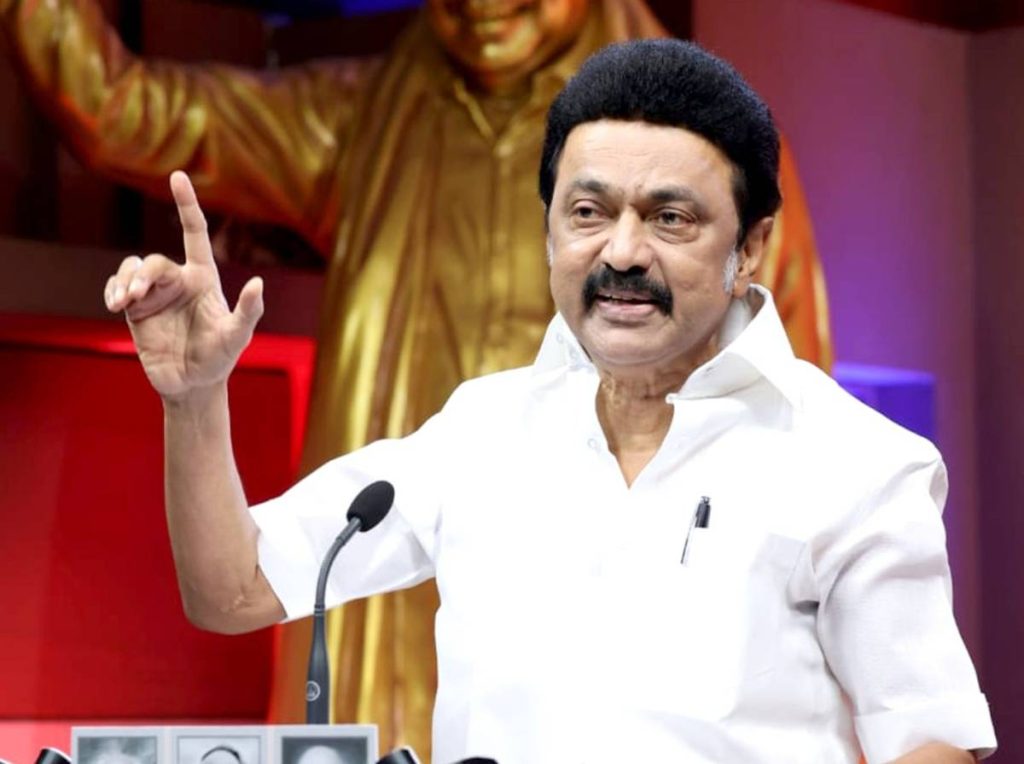In a majority judgment by 3:2, a five-judge Constitution bench upheld the validity of the Constitution’s 103rd Amendment Act 2019…reports Asian Lite News
The Supreme Court on Monday while upholding 10 per cent EWS reservation amongst the general category in admissions and jobs, opined that it is time to revisit reservation, the affirmative action system followed in India.
In a majority judgment by 3:2, a five-judge Constitution bench upheld the validity of the Constitution’s 103rd Amendment Act 2019 saying EWS quota does not violate the basic structure of the Constitution.
Chief Justice of India UU Lalit and S Ravindra Bhat dissented on the majority verdict and struck down the 103rd Amendment Act.
Majority bench, Justices Dinesh Maheshwari, Bela Trivedi and JB Pardiwala by their three separate concurring judgments upheld the EWS Amendment.
Both Justice Trivedi and Justice Pardiwal appeared suggesting that reservation having roots in centuries old social discrimination has lasted for a long and it requires to be revisited and wither away.
Justice Trivedi said that what was sought to be achieved by reservation within 50 years of the advent of the Constitution has still not been achieved to this day.
“However, at the end of seventy-five years of our independence, we need to revisit the system of reservation in the larger interest of the society as a whole, as a step forward towards transformative constitutionalism,” Justice Trivedi said.
Holding the reservation was not an end but a means to secure social and economic justice, Justice Pardiwala said, “Reservation should not be allowed to become a vested interest. Real solution, however, lies in eliminating the causes that have led to the social, educational and economic backwardness of the weaker sections of the community.”
Justice Pardiwala said, “As larger percentages of backward class members attain acceptable standards of education and employment, they should be removed from the backward categories so that the attention can be paid toward those classes which genuinely need help.”
He said idea of Baba Saheb Ambedkar was to bring “social harmony” by introducing reservation for only 10 years.
However, Justice Pardiwala said that reservation has continued for past seven decades and “should not continue for an indefinite period of time so as to become a vested interest.”
Pronouncing judgment, Justice Maheshwari said that 10 per cent EWS reservation was an affirmative step and reservation exclusively on the grounds of economic backwardness.
Reservation, Justice Maheshwari said is an instrument of affirmative action so as to ensure “all-inclusive march towards goals of egalitarian society” and “It is a means of the inclusion of any class or section so disadvantaged. Reservation on economic basis does not violate the basic structure of the Constitution.”
Justice Bhat pronouncing the dissent verdict ruled against the 103rd Amendment of the Constitution declaring it unconstitutional and void.
Finding flaws with the exclusion of SC/ST and the OBC from EWS reservation, Justice Bhat said that the identifier for 10 per cent EWS reservation is based on “deprivation faced by individuals”, therefore, which community the individual belongs to is “irrelevant” as an individual who is a target of the new 10 per cent reservation may be a member of any community or class.
The net effect of the entire exclusionary principle, Justice Bhat said is “Orwellian”, which is that all the poorest are entitled to be considered, regardless of their caste or class, yet only those who belong to forward classes or castes, would be considered, and those from socially disadvantaged classes for SC/STs would be ineligible.
The Constitution bench verdict came on a batch of petitions, filed by NGOs Janhit Abhiyan and Youth for Equality, among others, challenging the Amendment on the ground that economic classification cannot be the sole basis for reservation.
During the hearing, lawyers appearing for petitioners submitted that the 103rd Amendment granted reservation to upper castes and this was a violation of the basic structure of the Indian Constitution.
It was contended by the lawyers of the petitioners that the quota on the economic ground alone is impermissible.
The petitions were filed in the top court in 2019, challenging the validity of the Constitution’s 103rd Amendment Act 2019.

Stalin to take legal opinion
Tamil Nadu Chief Minister M.K. Stalin on Monday said that he would take legal opinion before deciding the next course of action on the issue of reservations in education and government jobs for economically weaker sections (EWS).
In a setback to the DMK government in Tamil Nadu, the Supreme Court on Monday upheld the validity of the 103rd Constitutional Amendment which earmarks 10 per cent reservation for EWS candidates in government jobs and educational institutions even as the ‘poorest of poor’ among Scheduled Castes (SCs), Scheduled Tribes (STs), Other Backward Classes (OBCs) and Socially and Educationally Backward Classes (SEBCs), are excluded from its ambit.
Terming the development as a setback to the century-old fight for social justice, Stalin urged Tamil Nadu political parties and other organisation to join hands for the cause of social justice.
The DMK government, which had opposed the amendment, was one of the parties in the case. It had decided not to implement the EWS quota for government jobs.

